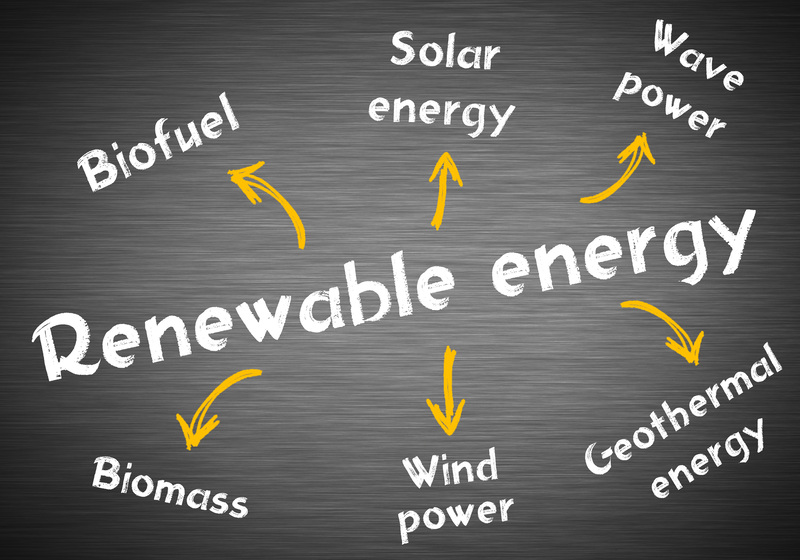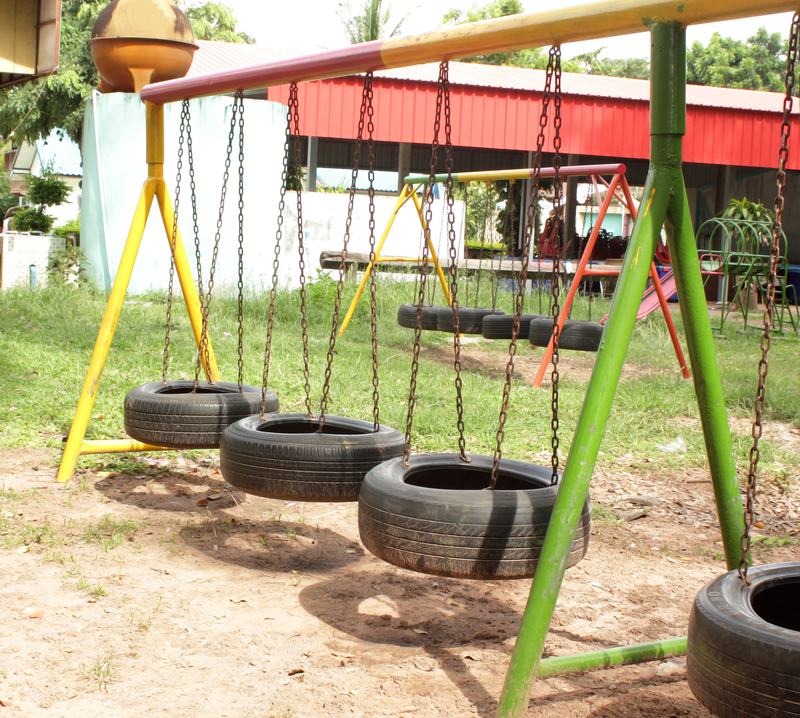Maximize Your Savings When Handling Bulky Waste Items
Bulky waste disposal is a necessity for homeowners and businesses alike, whether it's during seasonal cleanouts, renovations, or when upgrading furniture and appliances. However, managing and disposing of large, cumbersome items can often be costly and inconvenient. Thankfully, adopting smart strategies can help you maximize your savings when handling bulky waste items. This comprehensive guide explores the best techniques for affordable and stress-free disposal of your oversized rubbish.
Understanding Bulky Waste: What Qualifies?
Before diving into practical tips on affordable bulky waste handling, it's crucial to understand exactly what constitutes bulky waste. Typically, these are items that cannot fit in regular waste bins or bags due to their size or weight.
- Furniture: Couches, mattresses, wardrobes, bed frames, tables, and chairs.
- Large household appliances: Refrigerators, washing machines, ovens, and air conditioners.
- Outdoor equipment: Barbecues, lawnmowers, bikes, and garden furniture.
- Construction debris: Old doors, bathtubs, large mirrors, carpets, and flooring.
Knowing what qualifies as bulky or oversized waste is essential since disposal regulations and options differ significantly from standard household trash.

Why Bulky Waste Removal Can Be Expensive
Disposing of cumbersome items often incurs costs beyond regular waste collection. Here's why:
- Special handling: Large items require more storage space, labor for lifting and transport, which raises costs.
- Limited landfill space: Landfills charge extra for bulky loads to offset their rapid space consumption.
- Environmental regulations: Many items, such as mattresses and electronics, have strict disposal laws to curb pollution.
- Collection restrictions: Municipal services may only allow a few bulky pickups per year or charge fees, pushing people toward expensive private services.
Fortunately, several strategies can help you cut down those costs while still disposing of waste responsibly.
Top Money-Saving Strategies for Bulky Waste Disposal
1. Plan Ahead and Sort Efficiently
One effective way to maximize savings with bulky waste removal is to plan and organize before disposal. Group items based on material (wood, metal, electronics) as most recycling centers and collection services charge less if items are sorted. Dismantling furniture, separating recyclable parts, and removing non-metal fixtures from appliances can also lower your fees or increase your eligibility for free disposal options.
2. Take Advantage of Free Municipal Collection Programs
Many municipalities offer annual or semi-annual bulky waste pickups at no cost. Review your local waste management calendar or visit your city's website:
- Schedule your disposal to coincide with these free collection days.
- Prepare items in accordance with local requirements (e.g., bundling, labeling, or placing at designated spots).
- Book pick-up in advance where city services require appointment scheduling for bulky item collection.
Pro Tip: Combining your disposal efforts with neighbors during these free pickups allows everyone to share resources and reduce multiple trips.
3. Sell or Donate Usable Items
Not all bulky waste belongs in the landfill. If your furniture or appliances are still usable, consider turning them into savings:
- List items on platforms like Craigslist, Facebook Marketplace, Freecycle, or OfferUp.
- Donate to local charities, thrift stores, or shelters (many even offer free pick-up for large items).
- Explore community donation events or "free stuff" markets in your area.
Giving bulky items a second life not only maximizes your savings through avoided disposal costs, but can also be tax-deductible if donated to qualifying organizations.
4. Utilize Local Recycling Centers
Some items, such as metal bed frames, appliances, and electronics, can be recycled for free or even for cash. Check your local recycling center's guidelines:
- Find which items are accepted at no charge.
- Demolish or break down items where allowed to meet center requirements.
- Ask about e-waste events for TVs, computers, and household electronics.
Recycling not only saves landfill fees but also supports sustainability.
5. Pool Resources with Neighbors
If local regulations or pick-up charges are calculated per item or by volume, collaborate with neighbors:
- Rent a dumpster together and split the cost.
- Schedule a group collection service at discounted rates for multiple pickups.
This approach is especially cost-effective for multi-family properties or during community clean-up events.
6. DIY Transport to Disposal Sites
If you own or can borrow a truck or trailer, consider self-hauling:
- Research your nearest transfer stations or landfill sites and their pricing for residential drop-offs.
- Load your vehicle efficiently to minimize trips and maximize payload.
- Be aware of weight limits and tie down your load securely.
Handling your bulky waste personally can dramatically reduce labor fees, but always factor in fuel, time, and disposal charges.
7. Avoid Fines by Following Proper Protocols
Improper disposal of bulky or hazardous items can result in steep fines and legal issues. Always:
- Follow local rules for item placement, preparation, and acceptable materials.
- Do not dump items illegally in alleys or vacant lots.
- Check for restrictions on electronics, mattresses, and certain appliances.
Being informed prevents costly penalties and ensures responsible waste management.
8. Hire Bulk Waste Removal Services Wisely
Sometimes, professional help is unavoidable. However:
- Get multiple quotes from reputable junk removal companies before booking.
- Ask about their pricing structure (per item, volume, or weight) to avoid surprises.
- Inquire about discounts for curbside pickups, off-peak times, or combined services.
- Check if items are reused, recycled, or donated, which may be cheaper and more eco-friendly.
Bulk waste removal services can be expensive, but smart comparison shopping can reveal more affordable options.
9. Repurpose or Upcycle Large Items
With a little creativity, bulky waste can be transformed into valuable assets:
- Old doors become tables, shelves, or desk tops.
- Wooden pallets can be converted to patio furniture or planters.
- Bathtubs make unique garden beds.
Upcycling not only keeps items out of landfills but also saves you money on new furnishings or materials.
10. Monitor Special Offers and Community Programs
Stay updated on special events or programs that can help you save money on bulky waste disposal:
- Community clean-up days with free drop-offs for large items.
- Manufacturer or retailer take-back programs for old mattresses or appliances.
- Seasonal discounts from local junk removal companies.
Sign up for municipal waste management newsletters or follow their social media for the latest opportunities.
Key Considerations for Handling Bulky Waste Responsibly
While your goal is to minimize disposal costs, don't overlook sustainability and legality:
- Check for hazardous materials: Refrigerators, electronics, and some furniture may contain toxic components that require special handling.
- Sort for recyclables: Separating metals, plastics, and woods increases both your savings and environmental benefits.
- Document donations: Always ask for receipts when donating large items to facilitate possible tax deductions.
Responsible bulky waste management is a win-win for your wallet and the environment.
Cost Comparison: Bulky Waste Disposal Options
| Disposal Method | Average Cost | Pros | Cons |
|---|---|---|---|
| Municipal Pickup | Free to $50 per item | Convenient, regulated, eco-friendly | Limited frequency, eligibility restrictions |
| Charity Donation | Free (may include tax credit) | Avoids fees, benefits community | Item must be in good condition |
| Self-Haul to Landfill | $10 - $100 per load | Flexible, immediate | Requires transport, labor, time |
| Junk Removal Service | $75 - $500+ | Full-service, fast, no lifting | Most expensive option |
| Recycling Center | Free to nominal fee | Eco-friendly, possible cash for scrap | Only certain items allowed, preparation work |

Frequently Asked Questions About Bulky Waste Savings
What's the cheapest way to get rid of bulky waste?
The lowest-cost options are using free municipal bulky waste pickups or donating to charities that offer pick-up. Self-hauling to recycling centers for eligible items also saves you money.
Can I put bulky items out with regular trash?
No, most municipal waste services have firm restrictions on items like furniture, appliances, and mattresses in regular trash. Always check your city's specific rules to avoid fines.
Are there eco-friendly ways to dispose of large items?
Absolutely. Donating, recycling, or upcycling bulky items extends their usable life and reduces environmental impact, often with financial benefits for you.
Conclusion: Save Big While Clearing Out Big Stuff
Handling bulky waste items doesn't have to break the bank. By following the strategies in this guide-- from planning ahead and leveraging municipal services, to upcycling, donating, and collaborating with others -- you can maximize your savings when handling bulky waste items responsibly. Remember to always consider environmental impact and legal compliance, and don't overlook the hidden value in items you may no longer need.
Take action today: Assess your bulky items, explore local disposal resources, and start saving on your next big cleanout!